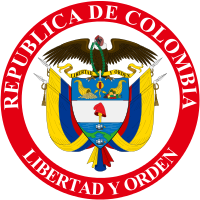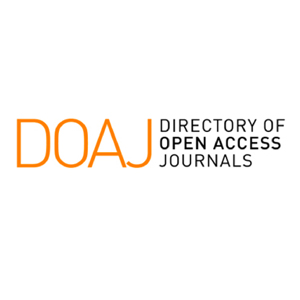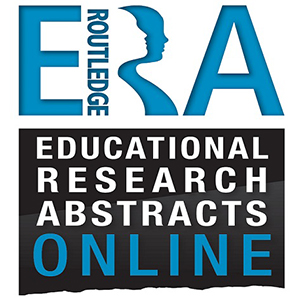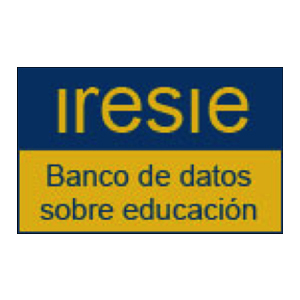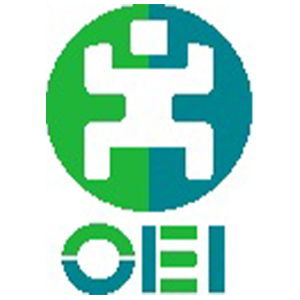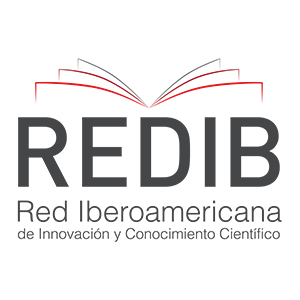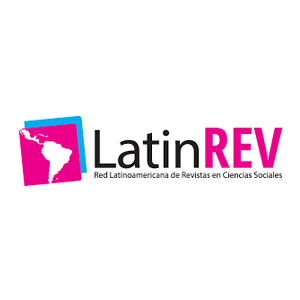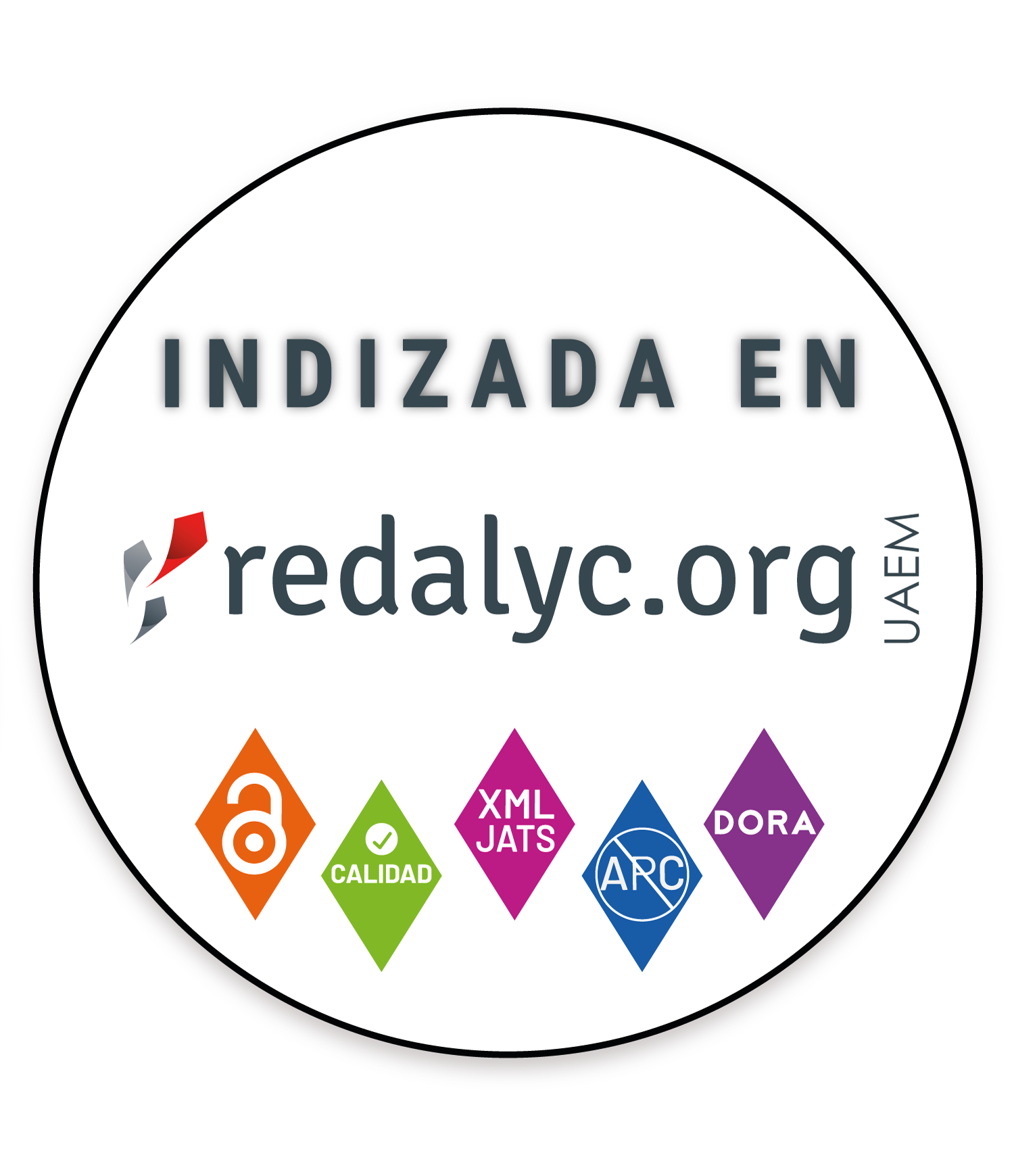DESARROLLO Y EVALUACIÓN DE LOS PROCESOS DE RAZONAMIENTO COMPLEJO EN CIENCIAS
Despite the enhanced importance given by science educators and researchers to
evaluation in sciences in the past, the search for better and more reliable assessing
processes is nowadays a research priority.
Although the areas of science to be assessed have been generally accepted as
including knowledge of concepts and facts, process skills, science thinking, problemsolving
skills, abilities reeded to manipulate laboratoty equipment and the disposition
of students to apply scientific knowledge, the impact of assessment on students,
teachers and parents has not been overlooked. However, advances in cognitive
psychology, science education and research on assessment on science are calling
for new dimensions, such as complex reasoning, to be researched in the field.
Complex reasoning is a competence included as a desirable outcome of Science
education in many Science curricula and is characterized by the following attributes:
problem-solving, decision-making and critical and creative thinking. This paper
presents a theoretical framework fon assessment in science involving the
development of competencies through science education and emphasizes complex
reasoning. A working model to categorize assessment tasks in complex reasoning is
described and some of the main questions to be researched in the une are stated.
The need for interdisciplinary work as well as close interaction with other unes of
investigation has also been put forward.
It is the main objective of this line of nesearch to explore and propose more
systematic assessment processes in science education to trace the evolution of
students understandings and achievements mainly in secondary schools.
APA
ACM
ACS
ABNT
Chicago
Harvard
IEEE
MLA
Turabian
Vancouver
Descargar cita
Citaciones

Métricas PlumX
Visitas
Descargas
Licencia
Derechos de autor 2017 TED: Tecné, Episteme y Didaxis

Esta obra está bajo una licencia internacional Creative Commons Atribución-NoComercial 4.0.
Todo el trabajo debe ser original e inédito. La presentación de un artículo para publicación implica que el autor ha dado su consentimiento para que el artículo se reproduzca en cualquier momento y en cualquier forma que la revista Tecné, Episteme y Didaxis: TED considere apropiada. Los artículos son responsabilidad exclusiva de los autores y no necesariamente representan la opinión de la revista, ni de su editor. La recepción de un artículo no implicará ningún compromiso de la revista Tecné, Episteme y Didaxis: TED para su publicación. Sin embargo, de ser aceptado los autores cederán sus derechos patrimoniales a la Universidad Pedagógica Nacional para los fines pertinentes de reproducción, edición, distribución, exhibición y comunicación en Colombia y fuera de este país por medios impresos, electrónicos, CD ROM, Internet o cualquier otro medio conocido o por conocer. Los asuntos legales que puedan surgir luego de la publicación de los materiales en la revista son responsabilidad total de los autores. Cualquier artículo de esta revista se puede usar y citar siempre que se haga referencia a él correctamente.

